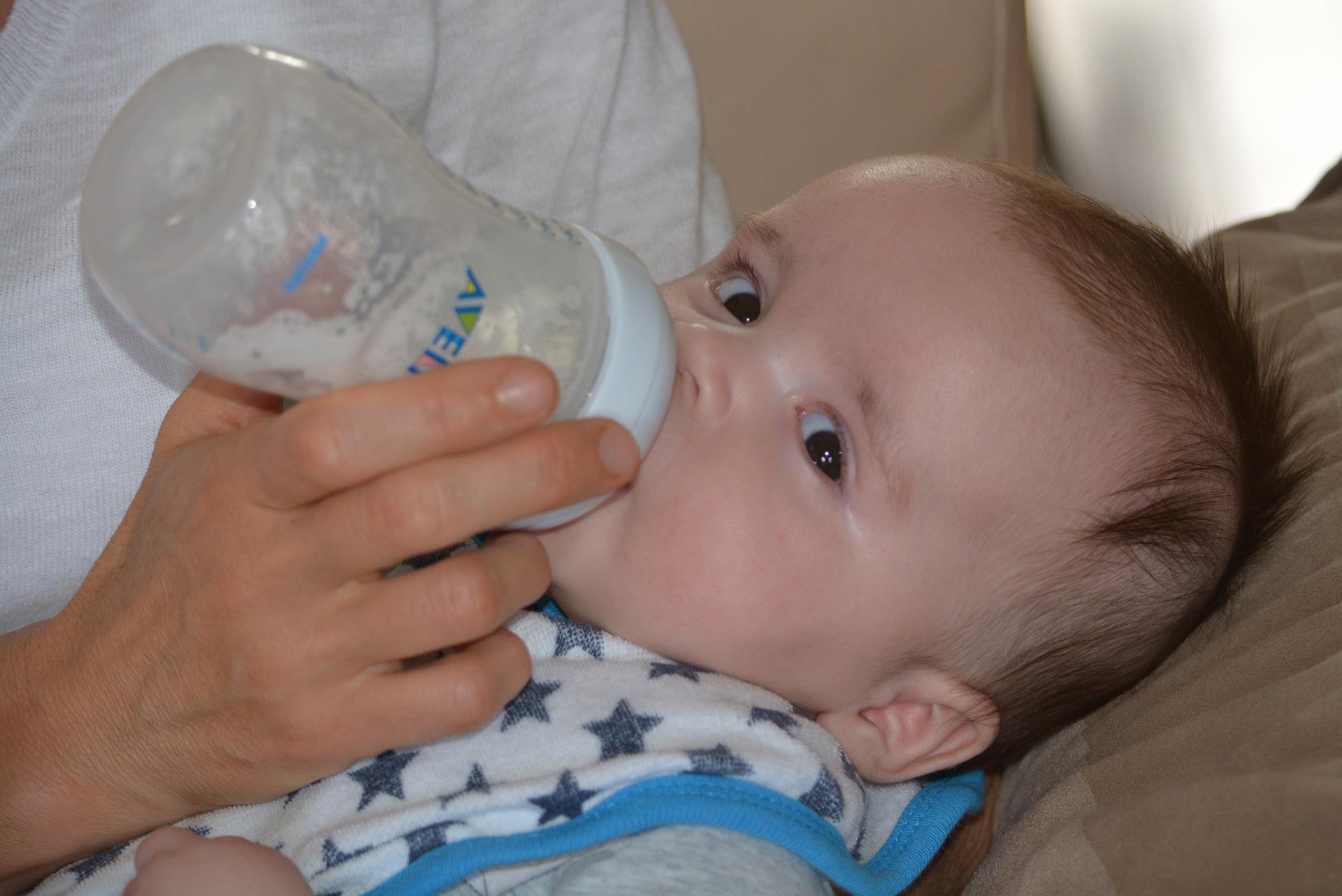Parents across the United States are becoming increasingly frantic as the baby formula shortage worsens. To the chagrin of parents looking for answers, the shortage has devolved into a circuitous blame game.
Last week, outgoing White House Press Secretary Jen Psaki pointed her finger at the manufacturers for not keeping up with demand. The makers of Similac and Enfamil deflected by arguing that retailers struggle to keep shelves full due to the current labor shortages. Jason Brewer, the spokesperson for the Retail Industry Leaders Association, pointed out that rising retail theft may be a significant culprit. Some moms blame other moms for (understandably) panic buying and hoarding the formula. Others note that Abbott Nutritional’s recent recall exacerbated the problem. The Infant Nutrition Council of America, which represents the four main American companies that sell formula, gave a simplistic “it is the supply chain” statement.
Theft and hoarding could influence the market – but the effects would be minor. Stores nationwide lack at least 40% of their typical supply of formula, and some states lack over 50% of their supply. It is unlikely that there are enough bad actors in the marketplace to cause those numbers, especially since they would have to be corrupt enough to harm the well-being of innocent children.
Even though many companies are facing labor shortages, formula is not sitting in parking lots waiting to be unloaded It is just the opposite – many desperate parents have gone to great lengths to track truck schedules to buy before it even hits the shelves.
The major U.S. infant formula companies manufacture formula and largely source ingredients within the United States. Unlike many products affected by the pandemic, canisters of “powdered gold” are not sitting in offshore shipping containers, nor have they been held up by foreign entities. If production and sourcing take place stateside, it should not take months to coordinate truck deliveries.
Why are all four companies (which conceivably have different delivery system processes) being plagued simultaneously over the course of several months by the same supply problems? Government regulations may be the problem.
All infant formulas are made in the United States. That is not some accidental fluke. The FDA highly regulates the baby food industry. It is illegal to import alternative formula brands to the United States.
Ironically, in some ways, European brands face an even more rigorous approval process than what the FDA requires of American companies. European companies do not allow any formula ingredients to contain pesticides, growth hormones, heavy metals, or additives like corn syrup or soy. The FDA allows all that in American-made formulas.
Baby formula is truly a modern-day miracle, and the science of imitating the nutritional benefits of breastmilk continually improves. But because of the FDA’s approach, for decades, many brands in the United States have had no real incentive to update their formulas based on the current science. So not only are European baby formulas more stringent in safety measures, but their formula is often nutritionally better for babies, too.
The FDA’s protectionism is truly senseless. Because of the current crisis, our government’s overregulation can now be directly tied to harming the well-being of American children.
Parents needing immediate solutions to this crisis must demand that the FDA allow European infant formula brands to be sold in American stores.
McKenzie Richards is a policy associate at the Pacific Research Institute.

